|
Late, larger-than-life producer of Grease the subject of Jeffrey Schwarz' latest film: 'He had big successes. He had big failures... He made such a huge impact on popular culture.' Allan Carr was born in suburban Chicago to a family in the furniture business. If things had turned out differently, he might have become the P.T. Barnum of sofas and dinettes. Instead, he took his genius for promotion and eye for talent to Hollywood, bringing Grease to the world and becoming one of the industry's most recognizable figures. He turned the role of film producer -- one that traditionally brought little public acclaim -- into a klieg light star turn. He made a name for himself for living large and for making entertainment that was as glamorous and gaudy as he was. Carr's story of triumph and humiliation (remember the 1989 Academy Awards?) is told in the documentary The Fabulous Allan Carr, directed by Jeffrey Schwarz (I Am Divine, Tab Hunter Confidential). The film just played at Outfest in Los Angeles, after holding its world premiere at the Seattle International Film Festival. "Even if you don't know the name of Allan Carr you know his work because he made such a huge impact on popular culture," Schwarz noted in an interview with Nonfictionfilm.com at his home in Los Angeles. "He was very well known in Hollywood in the 70s and 80s for his flamboyance, for his bigger-than-life persona, for his disco that he had in the basement of his Beverly Hills home. He was a star maker who became a star himself. And he made a name for himself for living large and for making entertainment that was as glamorous and gaudy as he was." Schwarz tracks Carr's story from the Midwest of the 1950s, where Carr (né Alan Solomon) first got stars in his eyes. "He grew up loving movies," Schwarz said. "He... wanted to make a name for himself in Hollywood but he didn't want to be a director, he didn't want to be a star, he wanted to be a producer, which is really unusual. Not a lot of little boys grow up dreaming of being a producer. But he came of age when there were people like Mike Todd running around who were creating spectacle. So that's what he really wanted to do." He got his start in the business managing talent and creating promotional campaigns for films. But it was Grease that took his career to another level. "He saw that off-Broadway. He dreamed of it being a movie. He envisioned what it could be," Schwarz told us. "Nobody else wanted to make that movie. He was the one who really just kept pushing that boulder up the hill until finally the pieces came together. But he had a vision for what that movie could be -- that sort of candy-colored, high camp approach to the material." The mega-success of Grease, released in 1978, made Carr wealthy... and famous. The 'famous' part was not an accident. "He had a very healthy ego and when Grease became such a big success he started basically taking credit for everything," Schwarz remarked. "He would go on talk shows and talk it up. He would throw parties. He would be at all the premieres. He wanted to be a celebrity and he became that." Schwarz interviewed Grease director Randal Kleiser for the documentary, who recalled being eclipsed by Carr to such an extent that to the public it may as well have been Carr who directed the film. "The director would not get invited to premiere parties" organized by Carr, Schwarz noted, a rather astonishing thought. HIs fortune and his reputation made, Carr became a kind of social director of Hollywood, throwing lavish parties at Hilhaven Lodge, the estate he bought in Beverly Hills. The producer often presided in his preferred attire, a caftan that neatly obscured his girth (he struggled throughout his life with weight issues). There was never a shortage of cute guys on hand for the bacchanalia. "He was openly gay in his circle," Schwarz said. "You could be openly gay in Hollywood if you worked behind the scenes and there have been openly gay people in Hollywood since the beginning of Hollywood. It was never something that would have been discussed in the press. Even though we look at him as this flamboyant, bigger-than-life, obviously gay figure he never talked about it," adding "He definitely participated in the sort of swinging 70s era of sex, drugs and rock n' roll." Whether it was a mind clouded by drugs or simply hubris, Carr followed up Grease with Can't Stop the Music, a box office disaster starring Steve Guttenberg, Valerie Perrine and Olympic decathlon champion Bruce Jenner. Carr turned the directing duties over to one of his management clients, Nancy Walker, known in part as the pitchwoman for Bounty paper towels -- "the quicker picker-upper." It would have taken quite a few rolls of Bounty to clean up the mess of Can't Stop the Music. "She had never directed a movie before. This was a huge budget for the time -- it was one of the most expensive movies ever made. And Nancy Walker was really out of her element and really things kind of got out of control," Schwarz stated. "And she was crabby and really didn't get along with people. But Allan stuck by her and then the movie came out and it was a pretty big bomb. Nobody wanted to see it." Neither could Grease 2, released in 1982, recapture the magic of the original. It's remembered primarily for launching the career of Michelle Pfeiffer in the Pink Lady role of Stephanie. "When he did Grease 2 he wanted to create new stars. He was the one who put Michelle Pfeiffer in her first lead and she's great in it. He saw Maxwell Caulfield, who was a young very good-looking actor, he saw him in a play off Broadway walking around with no shirt and leather pants in the play and he said, 'That's the guy I want for my lead.' And so it kind of made sense," Schwarz said. "He wanted them to be the new Elvis and Ann-Margret... It didn't have the same kind of magic." Carr's movie producing fortunes went into decline, but he resurfaced on Broadway, launching the immensely successful musical La Cage aux Folles. Those highs and lows were the prelude to what Carr believed would be a crowning moment of his career -- producing the 1989 Academy Awards telecast. It didn't turn out that way. "The first thing he decided to do was to have an opening number... He was going to have the biggest, most spectacular, most over-the-top, most elaborate opening number in Oscar history," Schwarz recounted. Dancers in tacky star costumes, cameos by aging screen legends, a cloying Snow White and an inexplicable Rob Lowe -- the number became an epic embarrassment. Here it is, if you haven't seen it, or wish to re-experience it: Bruce Vilanch, hired by Carr to write the Oscar show, wisely didn't have anything to do with the Snow-Lowe number. In the film he recalls Carr ignoring those who warned him he was going overboard with the production. But at the Outfest premiere, Vilanch told Nonfictionfilm.com the negative reaction to the song and dance performance flamed out of proportion. "The number was no worse than a lot of other Oscar numbers," he noted. "The year before Teri Garr danced on an airplane wing, and sang Flying Down to Rio with the movie behind her and Rio didn't sue." Hollywood luminaries including Gregory Peck excoriated the Academy and Carr over the Oscar production. The blistering reaction hit him hard. "It actually overnight changed his reputation in the town. He withdrew from Hollywood and he went into sort of a deep depression which took him a long time to come out of," Schwarz said. "The show has this reputation as the worst Oscars ever which I actually think is really unfair. And I hope that this movie hopes to turn that around a little bit." Schwarz said he hoped to tell a balanced story of a man who achieved great things and also suffered some terrible public humiliations. "I wanted people to sort of go on this ride with Allan and fall in love with this character and laugh with him -- sometimes at him, mostly with him -- and then feel for him when he's going through rough times and feel the pain that he felt after the Academy Awards. It is primarily an upbeat story but he was a difficult guy and he had his demons and so we definitely wanted to acknowledge some of the difficulties that he had in his life and to make him more human and present him warts and all." The Fabulous Allan Carr will be traveling the festival circuit for the next six months or more. Theatrical, television and VOD release plans will be worked out through negotiation, Schwarz said. Caulfield, who starred in Grease 2 and shares his memories of Carr in the documentary, walked the red carpet for the Outfest premiere. He recalled the late producing legend in fond terms. "He believed in the magic of Hollywood," he told us. "He believed in its power to excite and stir people's imaginations and also create fantasy and it's just a shame he's still not with us making fun, extravagant movies." 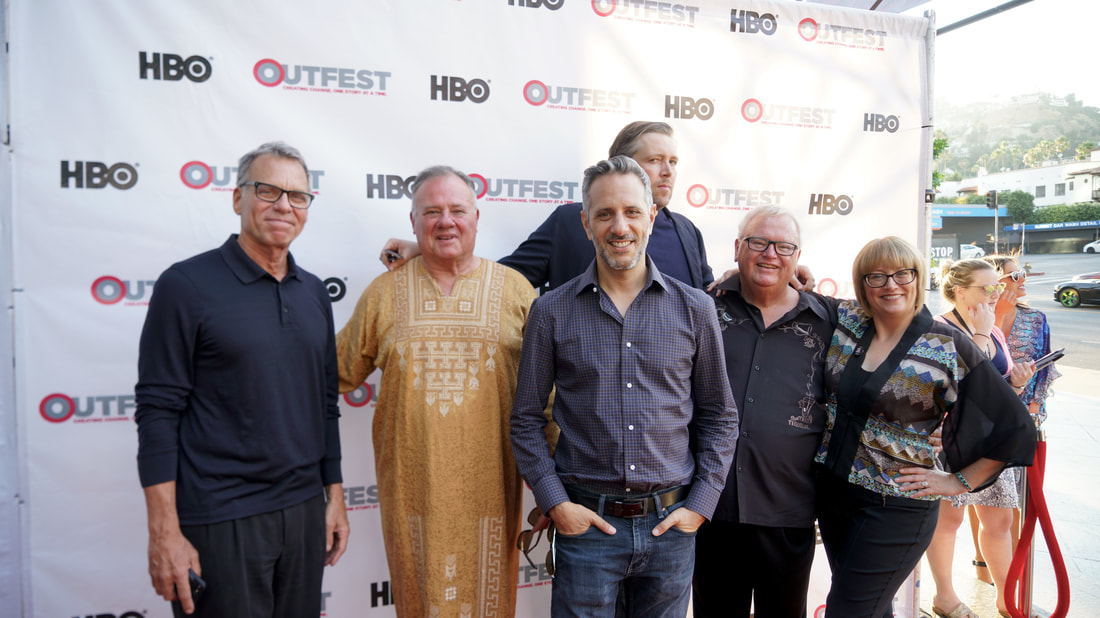 The creative team behind "The Fabulous Allan Carr" at the Outfest premiere of the film. L-R: executive producer David Permut, producer John Boccardo, Director Jeffrey Schwarz, co-producer Taki Oldham, co-producer Larry Spitler, associate producer Lotti Pharriss Knowles. Wednesday, July 12, 2017. Photo by Matt Carey |
AuthorMatthew Carey is a documentary filmmaker and journalist. His work has appeared on Deadline.com, CNN, CNN.com, TheWrap.com, NBCNews.com and in Documentary magazine. |
- Home
- News
- Videos
-
Galleries
- 2019 Tribeca Film Festival
- Full Frame Documentary Film Festival
- 2019 SXSW Film Festival
- SXSW 2018 Gallery
- 2019 Sundance Film Festival
- Outfest 2018 Photo Gallery
- Outfest 2017
- Sundance 2018 Photos
- 2017 LA Film Festival
- 2017 Cannes Film Festival
- Tribeca Film Festival 2017
- SXSW 2017 Gallery
- 2017 Berlin Film Festival
- Sundance 2017 Gallery
- 2016 Los Angeles Film Festival
- Cannes Film Festival 2016
- SXSW 2016 Gallery
- Berlinale 2016 Gallery
- Sundance 2016 Gallery
- Filmmaker Gallery
- About
- Contact
Proudly powered by Weebly
- Home
- News
- Videos
-
Galleries
- 2019 Tribeca Film Festival
- Full Frame Documentary Film Festival
- 2019 SXSW Film Festival
- SXSW 2018 Gallery
- 2019 Sundance Film Festival
- Outfest 2018 Photo Gallery
- Outfest 2017
- Sundance 2018 Photos
- 2017 LA Film Festival
- 2017 Cannes Film Festival
- Tribeca Film Festival 2017
- SXSW 2017 Gallery
- 2017 Berlin Film Festival
- Sundance 2017 Gallery
- 2016 Los Angeles Film Festival
- Cannes Film Festival 2016
- SXSW 2016 Gallery
- Berlinale 2016 Gallery
- Sundance 2016 Gallery
- Filmmaker Gallery
- About
- Contact

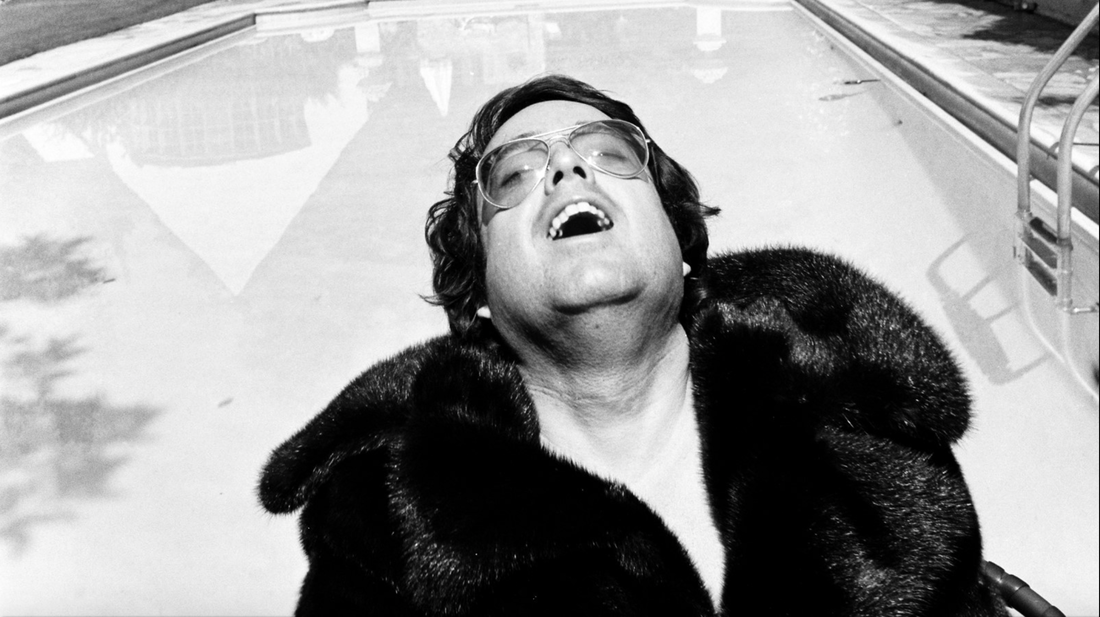
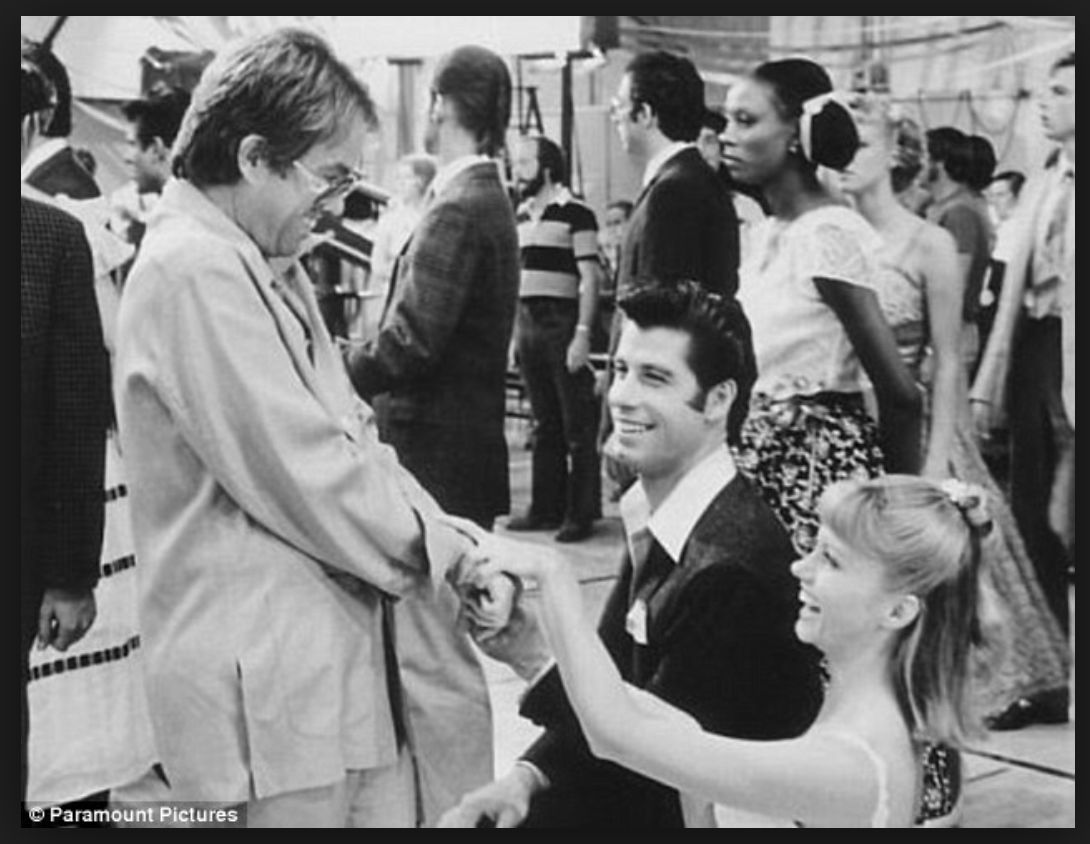
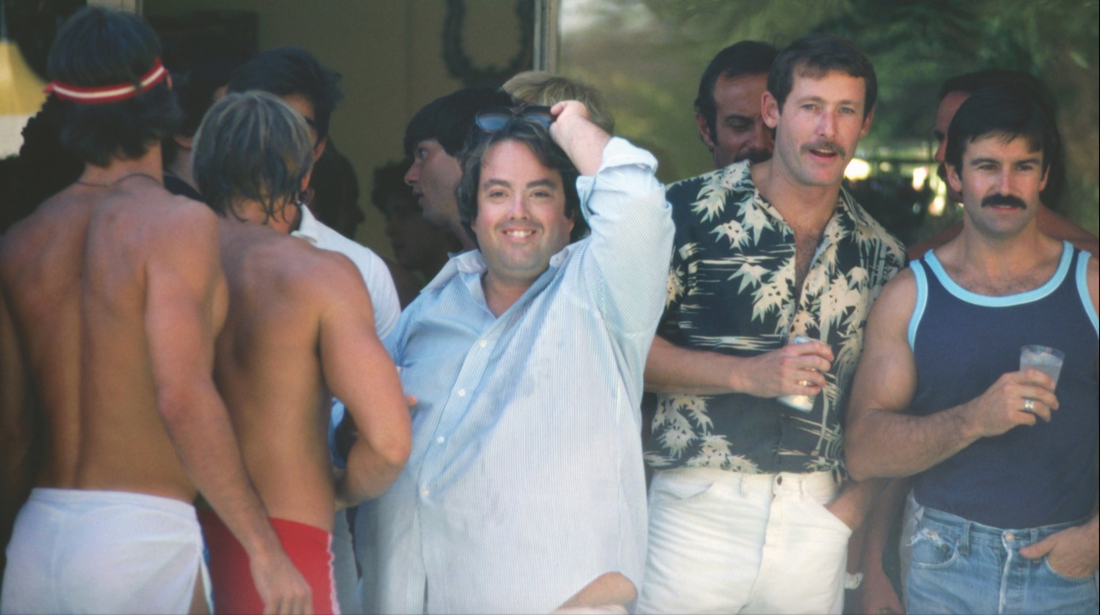
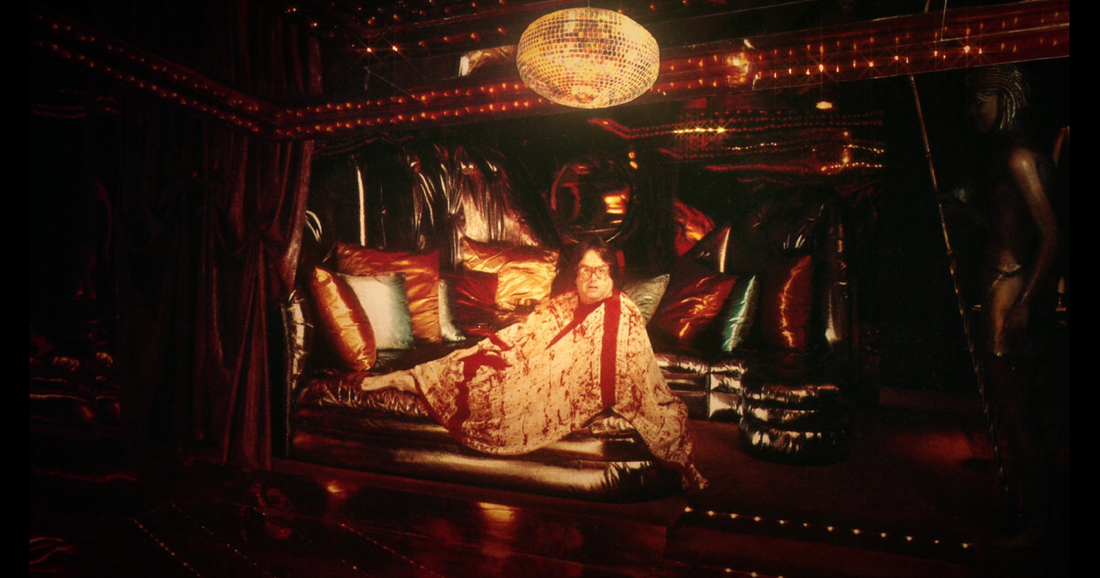
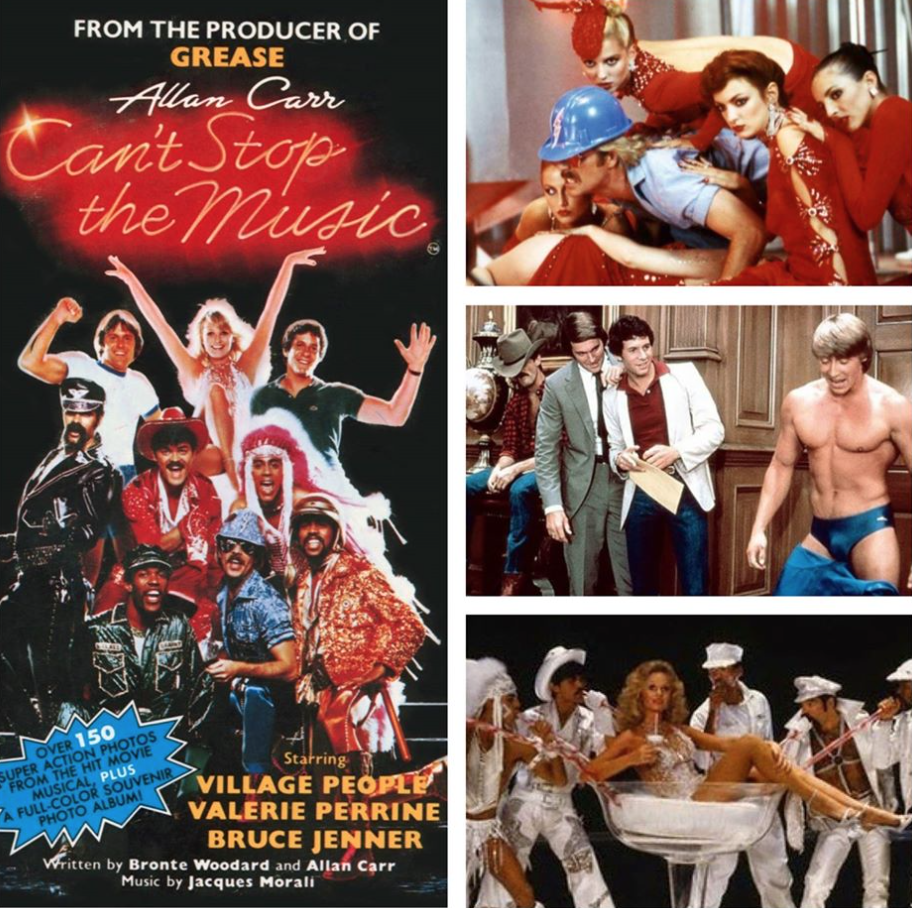
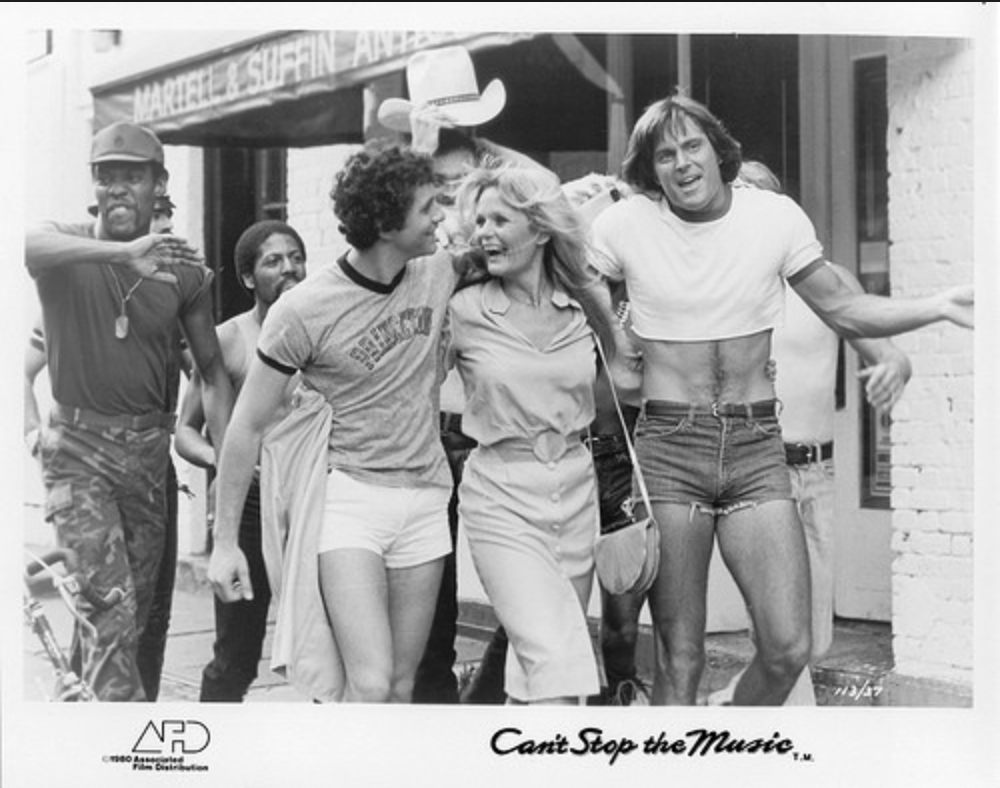
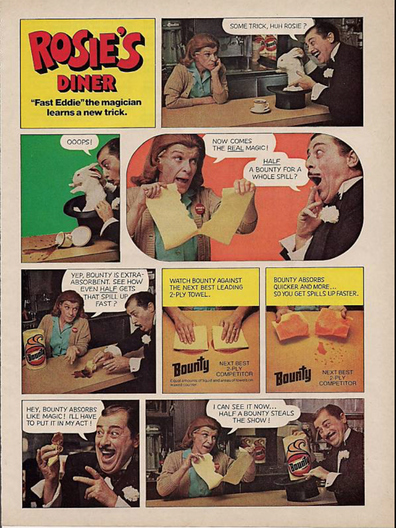
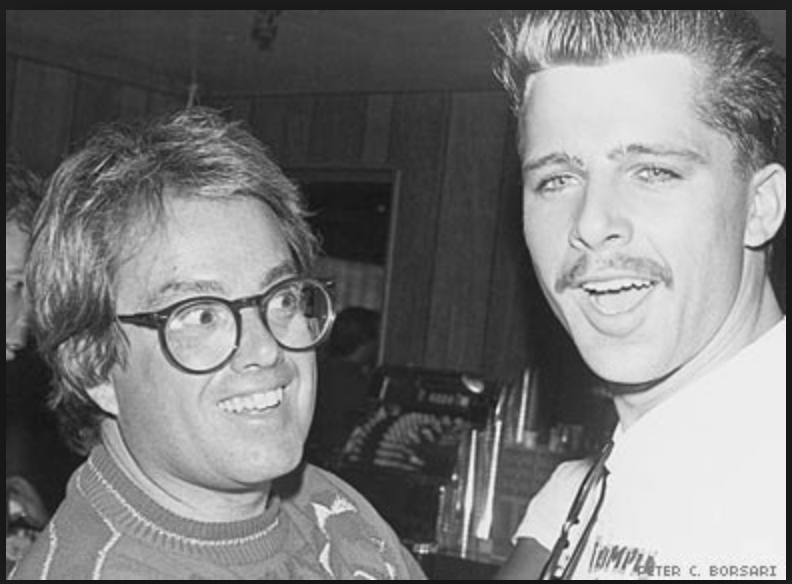
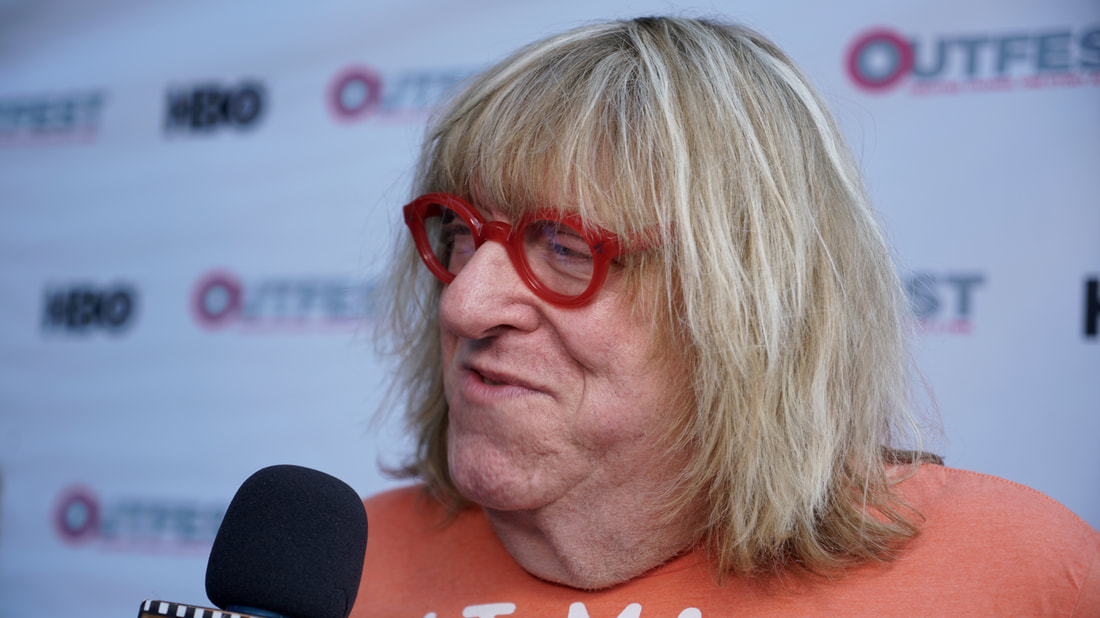
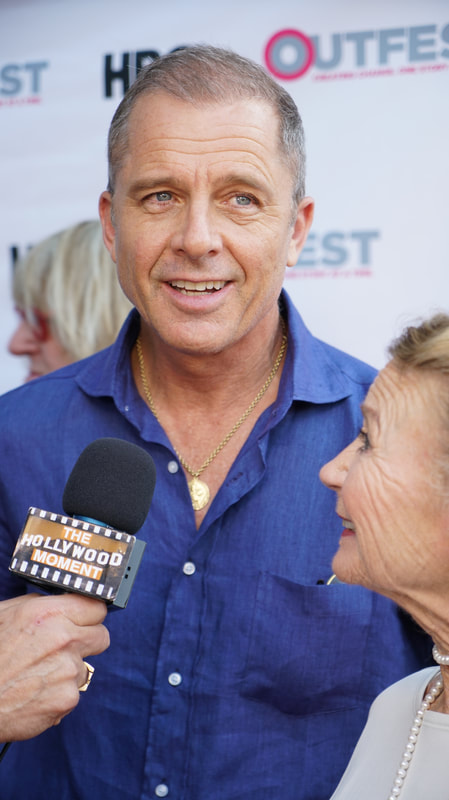
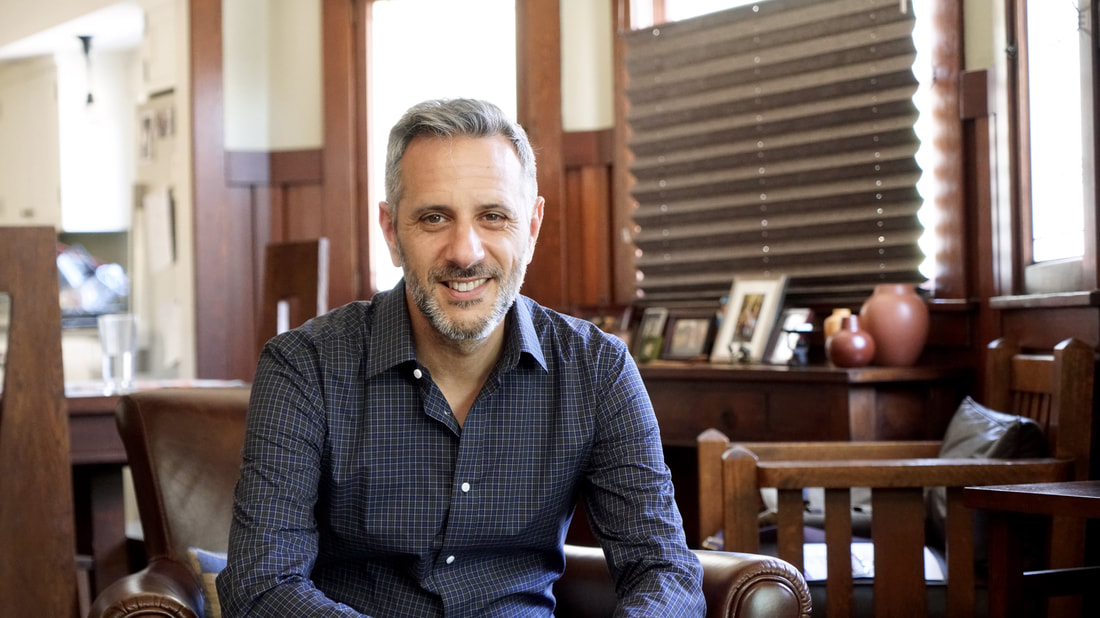
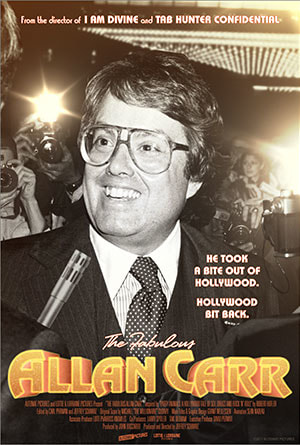
 RSS Feed
RSS Feed